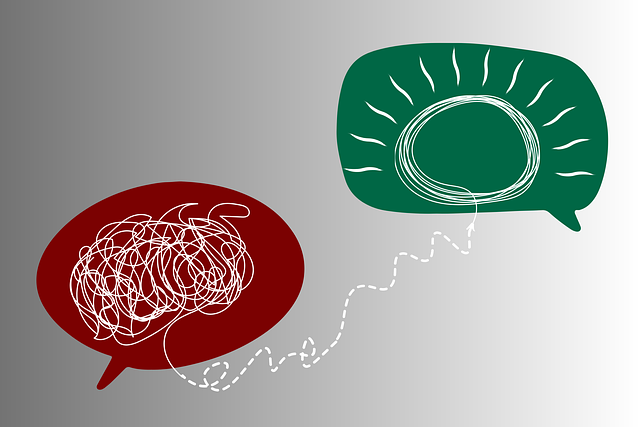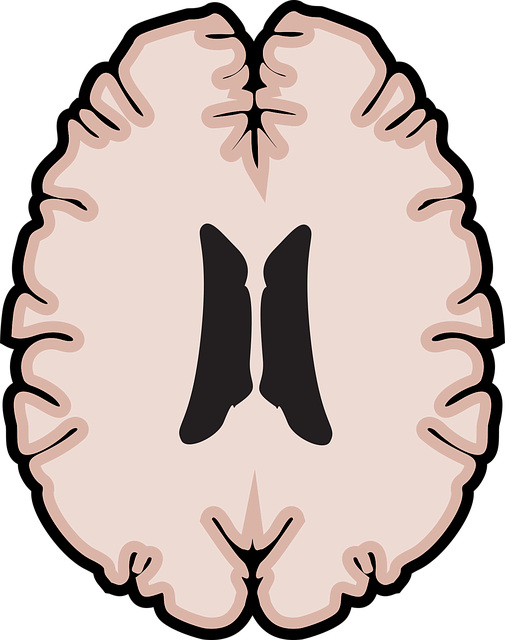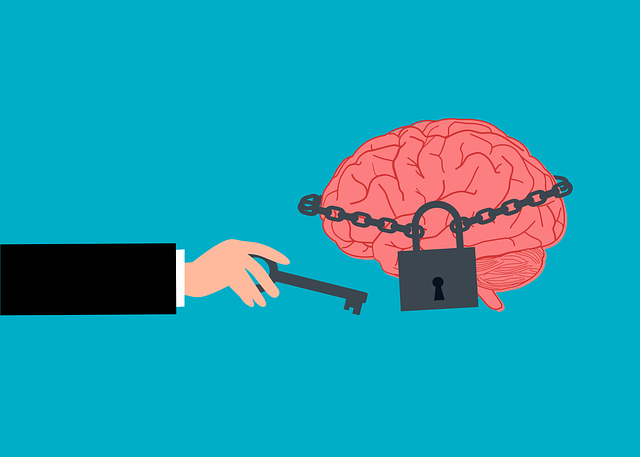Lone Tree Acceptance and Commitment Therapy (ACT) is a behavioral therapy that teaches individuals to accept their experiences without judgment, promoting psychological flexibility. By integrating ACT into community outreach programs and burnout prevention, it reduces mental illness stigma and fosters understanding. This approach encourages committed actions aligned with personal values, building resilience and supportive environments leading to sustainable behavioral changes and improved mental health outcomes. Crisis intervention strategies, guided by core ACT principles, empower individuals to navigate challenges more easily through emotional acceptance, coping skills development, and positive thinking. Social skills training and creating safe, non-judgmental spaces further enhance help-seeking and therapeutic processes, ultimately improving quality of life.
“In times of crisis, effective intervention strategies are paramount. This article guides you through a comprehensive approach to managing critical situations using Lone Tree Acceptance and Commitment Therapy (ACT). We’ll explore how ACT’s unique perspective on acceptance and mindfulness can be a powerful tool in identifying triggers and providing support. By understanding common crisis scenarios, core intervention principles, and practical techniques, professionals and caregivers can offer effective guidance during challenging times.”
- Understanding Lone Tree Acceptance and Commitment Therapy (ACT): A Brief Overview
- Identifying Crisis Situations and Common Triggers
- Core Principles of Crisis Intervention Strategies
- Practical Implementation: Techniques for Effective Support and Guidance
Understanding Lone Tree Acceptance and Commitment Therapy (ACT): A Brief Overview

Lone Tree Acceptance and Commitment Therapy (ACT) is a form of behavioral therapy that helps individuals embrace their experiences without judgment, fostering acceptance as a core component of psychological flexibility. This approach encourages people to take committed actions aligned with their values, promoting meaningful lives free from mental illness stigma. ACT involves several key processes: defusing from automatic thoughts, being present in the moment, and committing to actions driven by personal values rather than avoidance or suppression.
In the context of community outreach programs and burnout prevention, integrating ACT principles can be powerful. Mental illness stigma reduction efforts can benefit from promoting acceptance and understanding within communities. By encouraging individuals to embrace their struggles and take committed actions towards recovery, ACT contributes to building resilience and fostering supportive environments. This therapy’s emphasis on living in alignment with personal values resonates with community members, potentially leading to more sustainable behavioral changes and improved mental health outcomes.
Identifying Crisis Situations and Common Triggers

Identifying crisis situations is a vital step in providing effective support and guiding individuals toward recovery. Crisis intervention often involves acute emotional distress or a sudden breakdown in coping mechanisms, requiring immediate attention. Common triggers can vary widely but often include severe stress, traumatic events, significant life changes, financial difficulties, substance abuse issues, or severe mental health episodes. For instance, a person struggling with anxiety might experience a crisis when faced with an overwhelming workload and a lack of support structures, leading to panic attacks and a severe decline in functionality.
Lone Tree Acceptance and Commitment Therapy (ACT) offers valuable insights into recognizing these moments. ACT encourages individuals to accept their emotions without judgment, fostering a space for emotional healing processes. By understanding the triggers, one can develop effective coping skills that promote mental wellness and resilience. This proactive approach empowers individuals to navigate crises with greater ease, ensuring they receive the necessary support for long-term recovery and improved quality of life.
Core Principles of Crisis Intervention Strategies

Crisis intervention strategies are guided by several core principles that ensure effectiveness and sensitivity when helping individuals navigate through challenging situations. One essential principle is Lone Tree Acceptance and Commitment Therapy (ACT), which encourages acceptance of current experiences while committing to valued actions. This approach promotes a mindset of positive thinking, enabling individuals to cope with crises without judging or avoiding their emotions.
Another crucial aspect involves fostering social skills training, as it enhances communication and builds supportive relationships. By reducing the mental illness stigma through these interactions, individuals feel more comfortable seeking help and engaging in therapeutic processes. Crisis interventions should also aim to create a safe space where people can openly express themselves without fear of judgment, thereby encouraging honest self-reflection and growth.
Practical Implementation: Techniques for Effective Support and Guidance

When implementing crisis intervention strategies, it’s crucial to focus on practical techniques that foster effective support and guidance. One proven method is Lone Tree Acceptance and Commitment Therapy (ACT), which encourages individuals to accept their emotions and commit to valued actions despite the presence of distress. By teaching coping skills development and stress management techniques, ACT helps people build resilience in the face of adversity. This approach promotes self-awareness exercises that enable individuals to understand and regulate their responses during crises.
Through these practices, crisis interveners can facilitate a shift from reactive behaviors to proactive coping strategies. By integrating Self-Awareness Exercises into the intervention process, individuals gain insights into their triggers and emotional patterns, allowing them to make meaningful changes in their lives. This holistic approach not only aids in immediate crisis resolution but also equips people with long-lasting tools for navigating future challenges, ultimately enhancing their overall well-being.
Lone Tree Acceptance and Commitment Therapy (ACT) offers a powerful framework for crisis intervention, focusing on acceptance, mindfulness, and committing to valued actions. By understanding common triggers and adopting core principles like empathy, active listening, and cognitive reframing, practitioners can provide effective guidance during crises. Practical techniques outlined in this article empower individuals to navigate challenging situations with resilience, fostering a more balanced and fulfilling life. Integrating ACT strategies ensures a comprehensive approach to crisis support that respects the unique needs of each individual.














